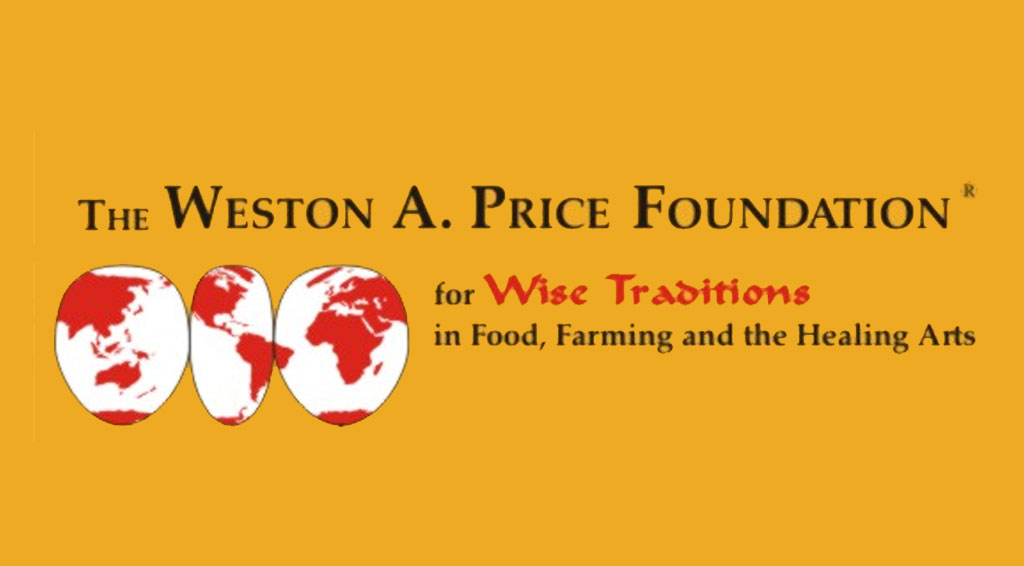In early 2025, the USDA quietly terminated two major programs that had funneled over $1 billion toward “local food procurement”—but often in name only.
The Local Food for Schools (LFS) and Local Food Purchase Assistance (LFPA) programs were both discontinued by the USDA in spring 2025. While these programs were framed as support for small and underserved producers, their broad definitions of “local”—often defined as within 400 miles or within the state—meant that larger regional suppliers, including subsidiaries of national or multinational corporations, could legally qualify. This raised concerns among critics about a lack of accountability and the potential for corporate contractors to benefit from public funds intended for truly local producers.
Now, those programs are gone. And for many in the rancher-led food sovereignty movement, it’s a step in the right direction.
@WhiteHouse:
USDA cut nearly $1B in spending.
- Terminated 78 contracts totaling $132M
- Ended DEI consultants, global forest advisors, and “climate corps” positions abroad
- Ordered ID verification for SNAP
Source »

While the mainstream media obsessed over diversity job titles and climate consultants, independent ranchers noticed something else: USDA was finally rolling back programs that failed to deliver real transparency or direct producer support.
Groups like The Beef Initiative and R-CALF USA have long warned that federal procurement programs often become backdoors for centralized players—especially when “local” isn’t clearly defined. The USDA’s own language allowed sourcing from within a 400-mile radius, which conveniently includes regional facilities operated by JBS, Cargill, and other meatpacking giants.
Meanwhile, delays in implementing Mandatory Country-of-Origin Labeling (COOL) until 2026 leave domestic producers exposed to cheap foreign imports dressed up as American.
If Washington wants to back real ranchers, they argue, the path is clear: stop subsidizing middlemen and multinational brands masquerading as local—and start supporting direct producer-to-consumer systems.
This isn’t about cutting food access. It’s about cutting the illusion of accountability.






0 Comments